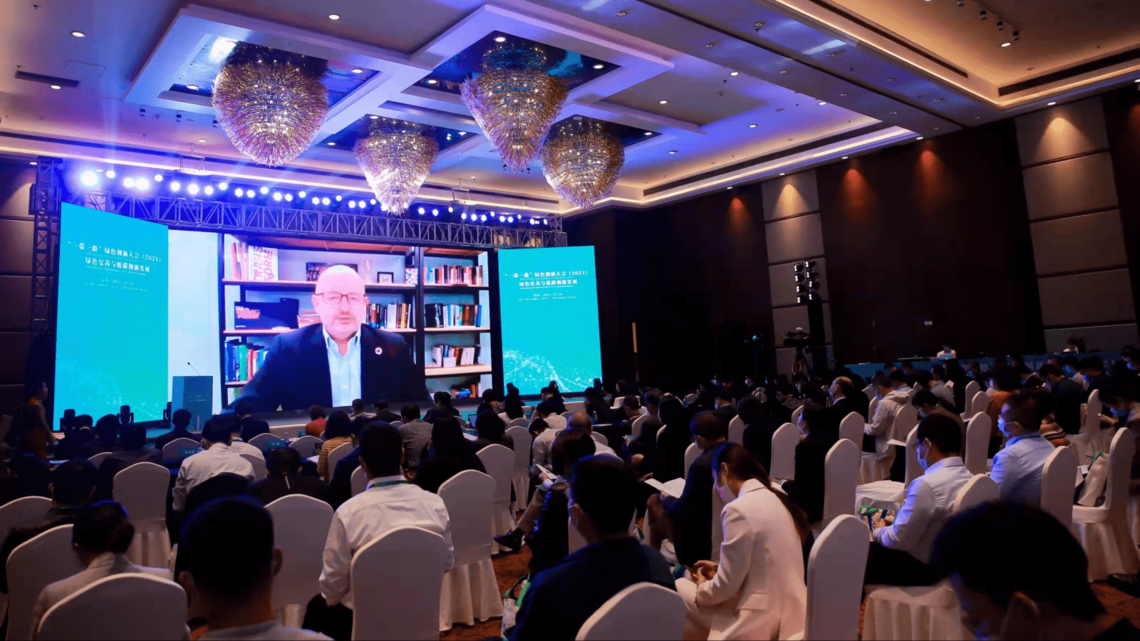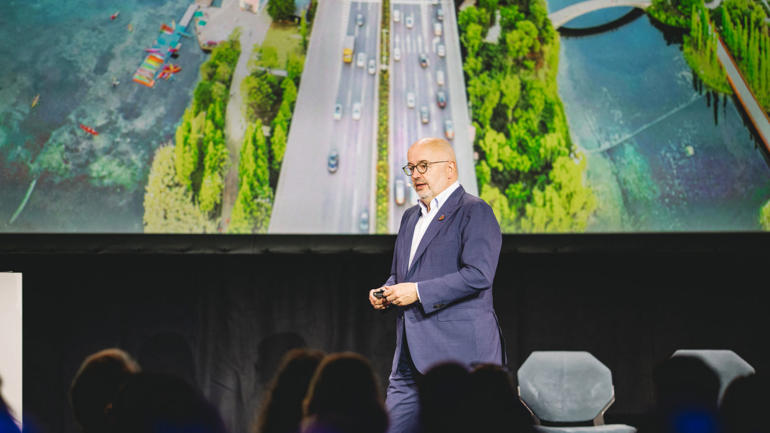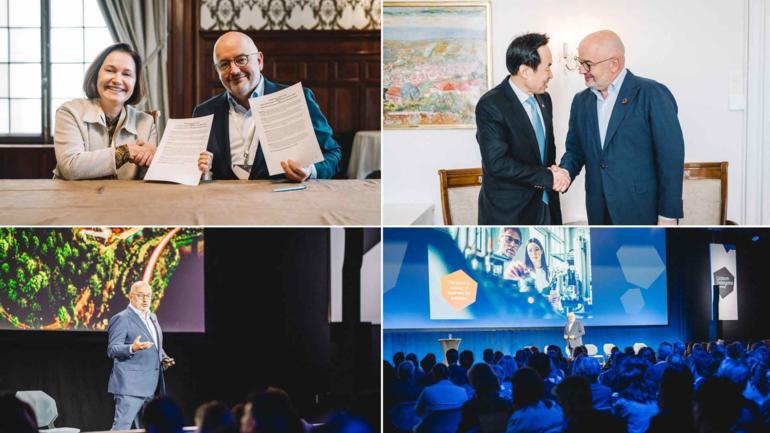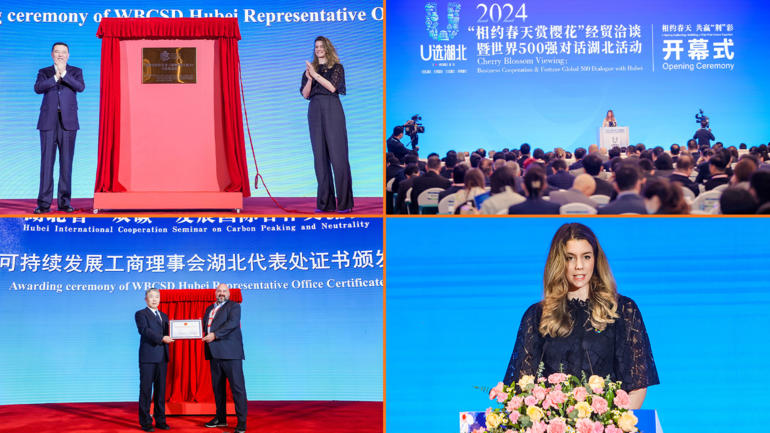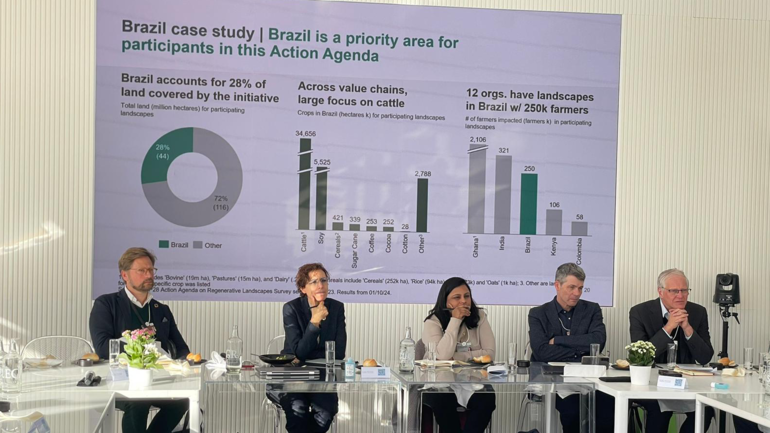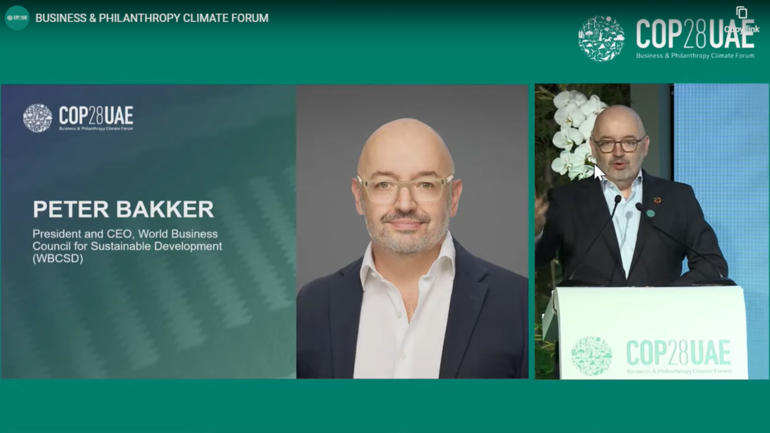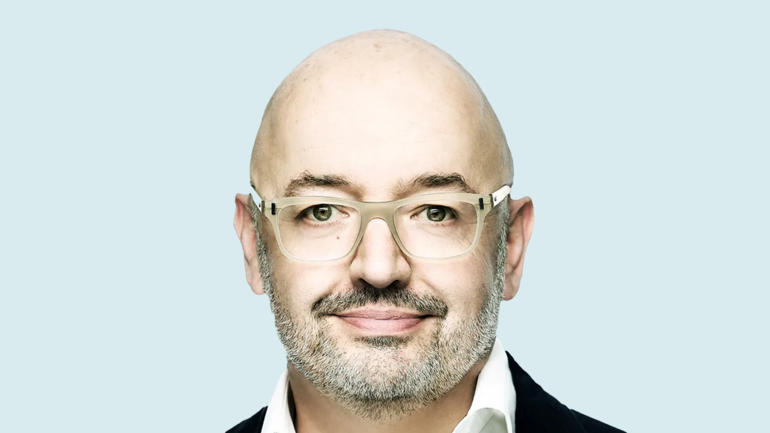The hybrid Conference was held in Shenzhen under the theme “Green Recovery and Innovative Low-carbon Development” and under the guidance of the Ministry of Ecology and Environment of China (MEE) and the Shenzhen Municipal People’s Government. It was co-hosted by the Foreign Environmental Cooperation Center of the MEE, the BRI International Green Development Coalition (BRIGC), the Shenzhen Municipal Ecological Environment Bureau, the Shenzhen Longgang District People’s Government and the Chinese Society for Environmental Sciences, and organized by the Belt and Road Environmental Technology Exchange and Transfer Center (B&RETTC).
The Conference showcased how sustainability is becoming a major focus of the Belt and Road Initiative (BRI), bringing opportunities for the sustainable development of BRI’s participating countries. It was discussed that partners of the BRIGC should take the innovation of green and low-carbon technology as the driving force, focus on providing green solutions, promote the sustainable recovery of BRI participating countries, build a closer partnership and foster more international cooperation for green development, accelerate the implementation of the UN 2030 Agenda for Sustainable Development and promote stronger, more sustainable and healthier global development.
In his virtual remarks, Peter Bakker emphasized the crucial role of business in realizing a low-carbon future, and that promoting a sustainable and low-carbon transition is both a significant component of the BRI green development and a key task of BRI International Green Development Coalition.
“We welcome efforts from BRIGC to address both the short- and long-term effects of the pandemic. We would like to enhance international consensus and foster collaboration and cooperation to advance green development along the Belt and Road Initiative”, said WBCSD President and CEO Peter Bakker. “The road to achieving carbon emission peak and achieving carbon neutrality will require radical transformation efforts in line with the science. And this is where WBCSD is leading in supporting companies to reduce and remove emissions and develop resilient business models.”
Additionally, Peter Bakker highlighted the Business Manifesto for Climate Recovery that WBCSD launched at COP26. The Manifesto is the first time that the world’s most sustainable, ambitious businesses have used their collective voice to outline what is required to accelerate the global climate recovery. It sets out twelve action priorities framed around reducing, removing, and reporting emissions and highlights the public-private collaboration required to drive climate action.
Nearly 200 representatives of BRIGC partners attended the conference. Other speakers who gave remarks included Erik Solheim, Advisor of the World Resources Institute, Galit Cohen, Director General of Ministry of Environmental Protection, Israel, James Thornton, CEO of ClientEarth, and He Kebin, Member of the Chinese Academy of Engineering.

